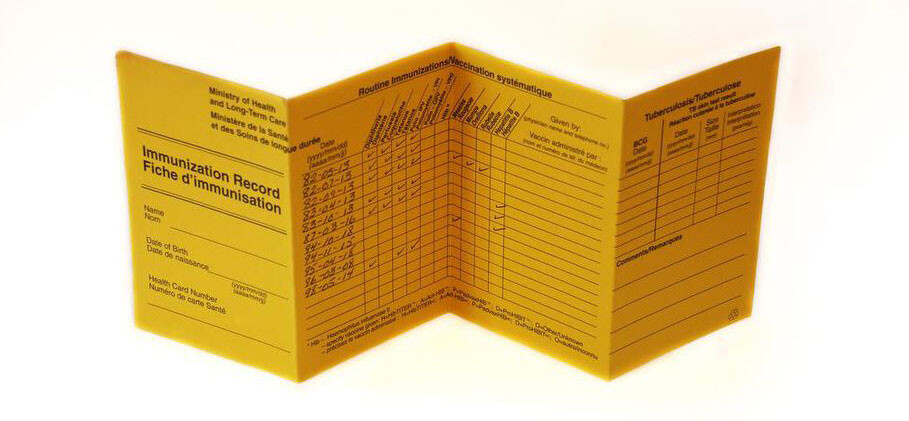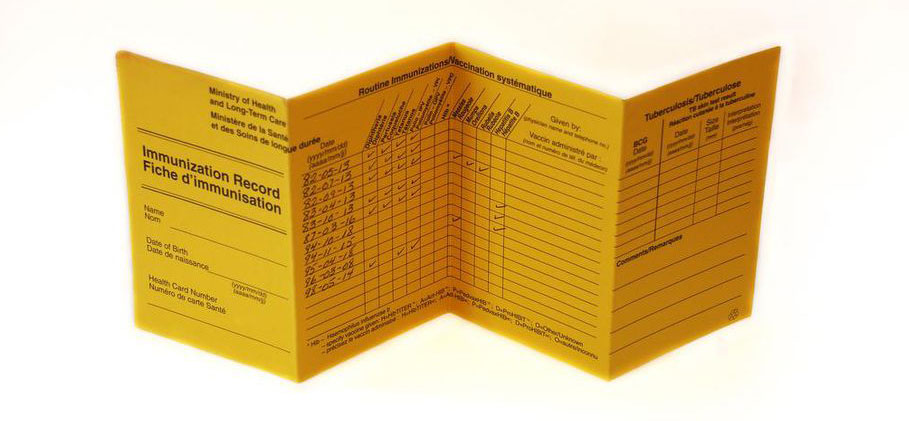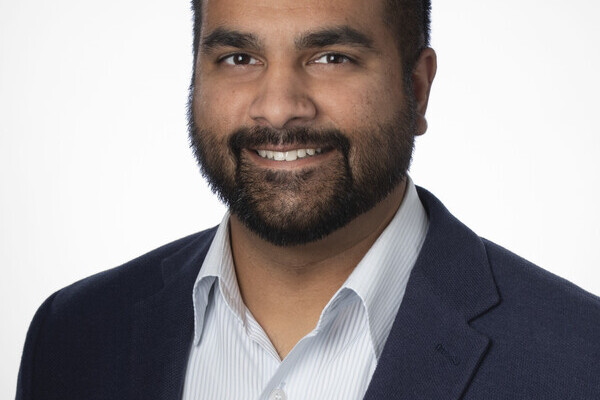Main Second Level Navigation
- Welcome
- Why Toronto?
- History of the Department
- Vision & Strategic Priorities
- Our Leadership
- Our Support Staff
- Location & Contact
- Departmental Committees
- Department of Medicine Prizes & Awards
- Department of Medicine Resident Awards
- Department of Medicine: Self-Study Report (2013 - 2018)
- Department of Medicine: Self-Study Report (2018 - 2023)
- Communication Resources
- News
- Events
Doctors' Notes: How using your Ontario health card creates system change

Dr. Michael Schull
Republished from the Toronto Star's Doctors' Notes
Canada’s universal health-care system is a source of pride for most Canadians, and perhaps even a defining characteristic of our nationhood. As an emergency room physician, I know how lucky I am to be able to provide the best care for my patients without worrying that the tests I order might drive them into bankruptcy — sadly, a concern for many of my colleagues south of the border.
For Ontarians, that green health card that sits in your wallet alongside your credit card is your passport to health care. But unlike your credit card, you never see the bill. So have you ever wondered what happens to the information that is collected each time your card is used?

Each time you have an interaction with our health-care system — whether it’s a doctor’s visit, a lab test or a visit to the ER — a piece of information, or administrative data, is generated and collected by the province in order to manage, administer and pay for services. But these pieces of data do double duty helping the province evaluate and improve our health-care system, driving new discoveries that can lead to better care, lower costs and better health for all Ontarians.
So how are these data used to improve health care? Just like a picture becomes clearer when you include more pixels, the picture of the health of an entire population becomes clearer as more individual pieces of this data are added. With data from nearly 14 million people going back more than 25 years, Ontario’s powerful repositories of health-care data are very high resolution, and the envy of health systems and researchers worldwide. What’s more, these data can be linked together with community and social data to paint an even more descriptive picture of the health of Ontarians — a picture that can tell us how well, or badly, our health system is performing at meeting everyone’s needs.
Since 1992, ICES — an independent not-for-profit research institute — has been entrusted with this information. We use it to study the health system, and then health officials use our findings to deliver better health care. ICES carefully protects the privacy and security of these data, and our work is overseen by Ontario’s Information and Privacy Commissioner. ICES was one of the first such institutes in Canada and is a model for other provinces.
In fact, research and evidence from ICES has probably influenced decisions that affect the way you approach your health, and the health of your family and friends, every day.
For example, ICES research has made our roads safer by showing the link between driver cellphone use and deadly collisions, leading to changes in the law. Our research has led to the withdrawal of a number of unsafe medications from the market and has accelerated Ontario’s response to the opioid crisis. Our work has helped to introduce new return-to-play guidelines for children with concussion and continues to demonstrate which strategies work (and don’t work) to fix hospital overcrowding.
While we have been working with Ontarians’ health data for many years, we recognize that today — more than ever — people want to have input about how their data are being used. We’ve heard from Ontarians who want ICES to do more with data to improve health care as long as data privacy and security remain priorities at all times. Today, the conversation about how to use these data to improve our health has to go beyond the walls of our institutions and include the voices, values and perspectives of Ontario’s public.
Members of the public are welcome to join the conversation on how health data should be used to improve the health-care system and make new discoveries. Ontario citizens can join the ICES public advisory council to discuss issues of health data and research, new data opportunities and partnerships, and to provide guidance on what research questions matter most to them.
If you live in Ontario and would like to find out more about the ICES council, visit www.ices.on.ca/public. If you are interested in joining the council, fill out the online application.
Dr. Michael Schull is a professor in the Department of Medicine at the University of Toronto and is chief executive officer at ICES. He practices as an emergency medicine specialist at Toronto’s Sunnybrook Health Sciences Centre. Doctors’ Notes is a weekly column by members of U of T’s Faculty of Medicine.



